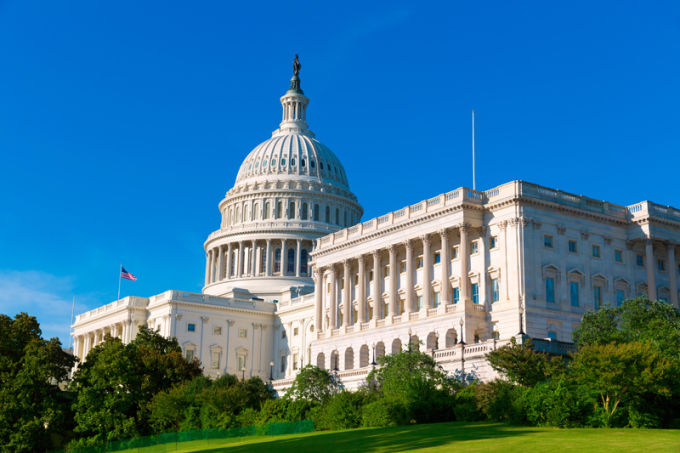
During a recent Financial Services Subcommittee oversight hearing, both Democrat and Republican lawmakers raised concerns before FINRA CEO Robert Cook. Some of the issues discussed were the Regulatory Authority’s standing as a private entity and its handling of fine proceeds, which hit a record $173 million in 2016.
One of the main criticisms voiced by House Representatives referred to FINRA’s practice of keeping fine proceeds instead of giving them back to harmed investors. In this regard, California’s Democratic Representative Brad Sherman pleaded for increased transparency in the regulator’s activities.
Cook heard many hard questions during the hearing, from both sides of the aisle, and he attempted to reply in a satisfactory way. Whenever FINRA’s present reality seemed inadequate, he assured current problems would be addressed by upcoming changes in many aspects of the entity’s activities.
It was Sherman who asked Cook whether FINRA was considering returning a higher percentage of fine proceeds to harmed investors and making more “robust and meaningful” reports to the public regarding its use of the funds.
“The fine monies we collect are an important part of funding investor-protection initiatives. Fines go up and down every year. To the extent that there’s value in us providing more insight into how we use fine money, I’m very open to…” Cook replied.
Sherman also pointed out that FINRA is not currently obliged to account for how it spends fine money, because it is not a government agency. Meanwhile, Republican French Hill, of Arkansas, asked Cook whether FINRA sees itself as “a wholly private actor or a state actor with authority from the government.”
“I think we’re a combination that’s created by Congress to achieve a certain purpose, which is to facilitate regulation of the markets through active engagement with the industry, drawing on their expertise, not using taxpayer money, not making government bigger, but at the same time doing it in a way that ultimately serves investors,” Cook replied.
Republican Tom Emmer, of Minnesota, questioned FINRA’s CEO about its $1.6 billion reserve and the salaries paid to its top executives, which surpassed $1 million in 2016. For Cook, FINRA360, a “comprehensive self-evaluation and organizational improvement initiative” he launched earlier this year, addressed precisely some of those concerns, and led to the restructuring of FINRA enforcement and to more expedited publishing of exam findings.
“Transparency and disclosure have certainly been among the comments that we’ve gotten. We’re going through a process where we’re organizing the comments to understand how we can best respond to them. There are areas where people have asked for more disclosure. Most of the member firms I’ve talked to, this is not the No. 1 issue. They are more focused on how our exam program works,” Cook said in his reply to Emmer.
For Emmer, a prosecutorial approach has substituted FINRA’s original regulatory function. “It’s grown into something that looks to me a lot more like a government agency that uses its heavy hand to extract fines,” he commented.
Sherman compared FINRA’s enforcement of rules to enforcement of drug laws, “I’ve seen where you tell local law enforcement, ‘Go out and enforce drug laws, and you get to keep the property you seize,’ and seizing the property becomes the objective.” he said.
Cook responded to this criticism saying that fine proceeds are used to fund investor protection initiatives. The regulator’s CEO also expressed an openness to sharing information with Congress regarding its use of fine proceeds and other funds.
FINRA’s CEO concluded with a statement about his vision for the future. “We are still in the middle of a self-assessment and organizational improvement that will likely result in transformational change for FINRA,” he assured the members of the Financial Services Subcommittee.
Undoubtedly, the political pressure exerted on FINRA’s first-in-command will affect how the regulator pursues its objectives in the near future. Legislators’ demand of more transparency will likely prompt some unusual disclosures about the fate of FINRA fine proceeds.
 FINRA Lawyer Blog
FINRA Lawyer Blog

